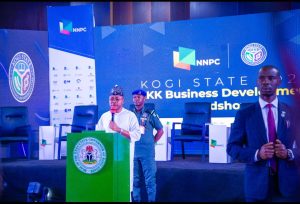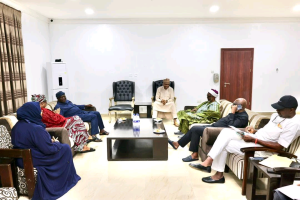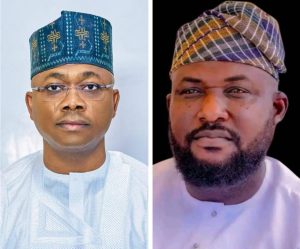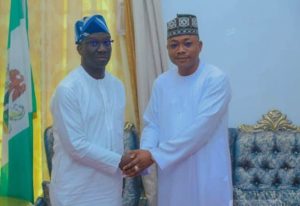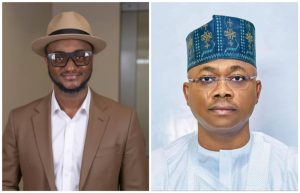INEC moves to create new Polling Units, set to engage stakeholders
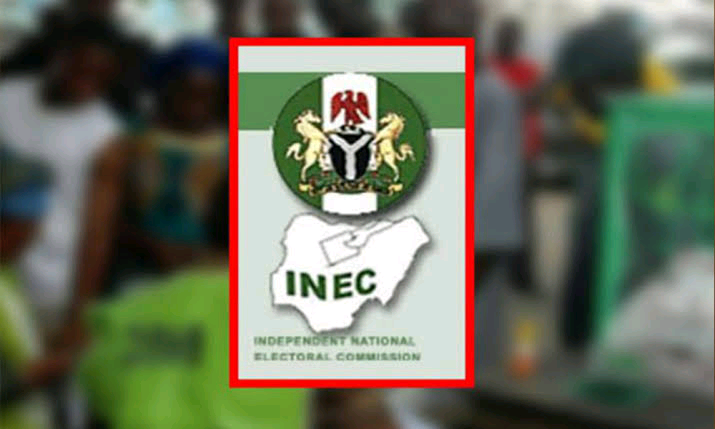
The Independent National Electoral Commission INEC has expressed its desire to engage stakeholders in the nation’s electoral space with a view to reaching a national consensus on the creation of new polling units across the country.
INEC had in September 2018 promised to create new polling units after the 2019 general elections, but that it would, however, do so after due consultations with all stakeholders.
Chief Press Secretary to the INEC Chairman, Mr Rotimi Oyekanmi, had told Vanguard in 2018 stated that the commission had received 3, 789 requests nationwide for the creation of new polling units, and that the commission had directed its Resident Electoral Commissioners, RECs to thoroughly assess and provide it with information on “new settlements that are not served or inadequately served by existing polling units; areas with natural barriers that hinder access to existing polling units; areas that are distant from existing polling units; and areas affected by communal and other conflicts that make voting in existing polling units unsafe for voters”.
However, in a statement issued Tuesday in Abuja, National Commissioner and Chairman, Information and Voter Education of the Commission, Barr. Festus Okoye said INEC met earlier in the day and deliberated on a number of issues including the finalized arrangements for the upcoming engagement with stakeholders on expanding voter access to Polling Units in Nigeria.
He said; “For several weeks, the Commission has been preparing for these national engagements to address the inadequacies of Polling Units in Nigeria and the challenges they pose to election management. Some of these challenges include overcrowding, numerous unserved populations and poor locations, which are potentially disenfranchising millions of Nigerians, and also pose health risks in the context of the COVID-19 pandemic. This is a national problem that calls for national consensus.
“For several years the Commission has tried to address this fundamental challenge to democratic consolidation and election administration with minimal success. This has been mainly due to inadequate engagement between the Commission and stakeholders.
“Consequently, the Commission has had to resort to interim measures such as creating Voting Points at Polling Units nationwide and establishing Voting Point Settlements in the Federal Capital Territory. These engagements will afford an opportunity for the Commission to consult with stakeholders in order to build a genuine national consensus to address the problem of declining voter access to Polling Units.
“In the next few weeks, the Commission plans to engage with diverse stakeholders including political parties, civil society organizations, religious leaders, traditional institutions, labour unions, socio-cultural organizations, various arms of the federal government, as well as state governments. Among the burning issues to be addressed at these consultations are the challenges that declining access to Polling Units pose to democracy and election management in Nigeria.
“The Commission appeals to stakeholders in the electoral process and Nigerians at large to work with us to address this major issue”, Okoye added.

